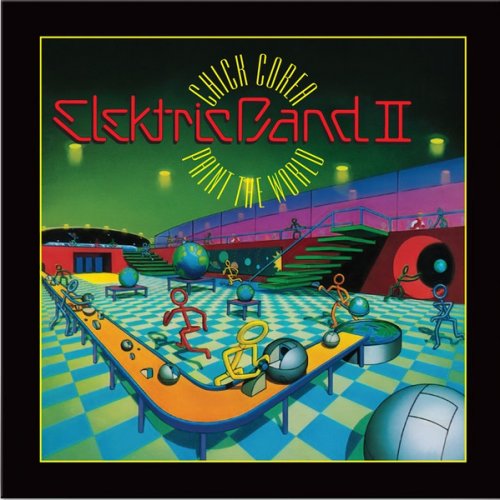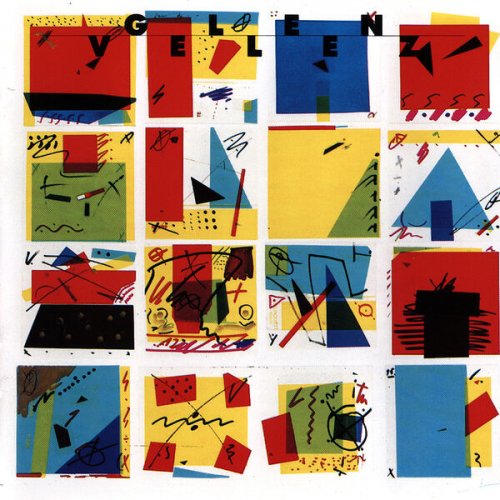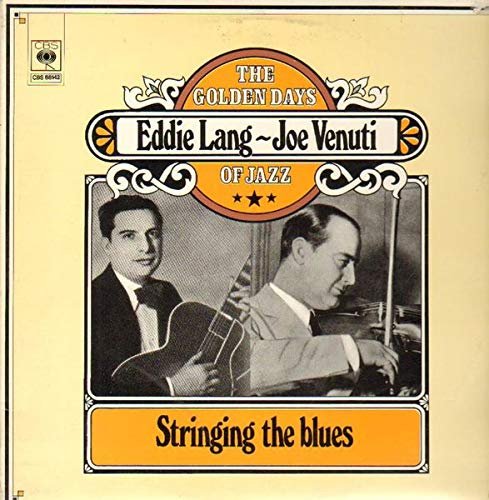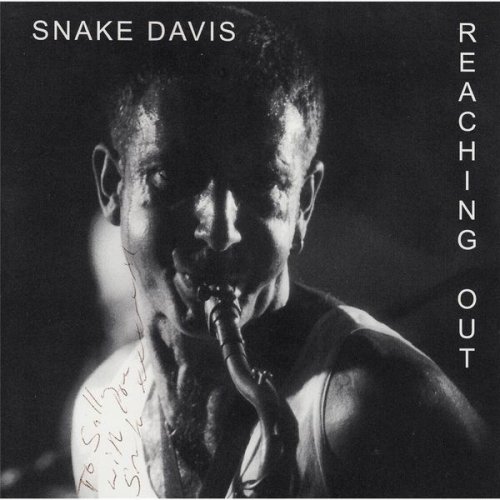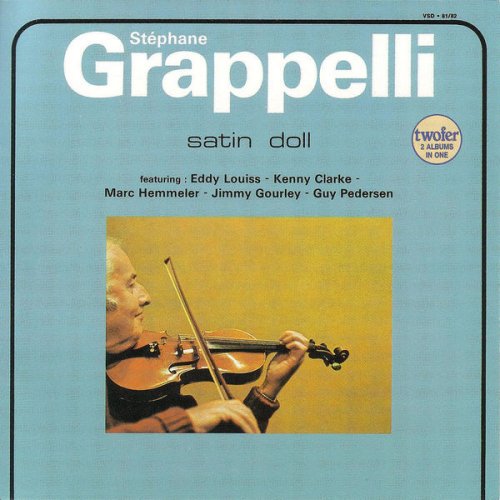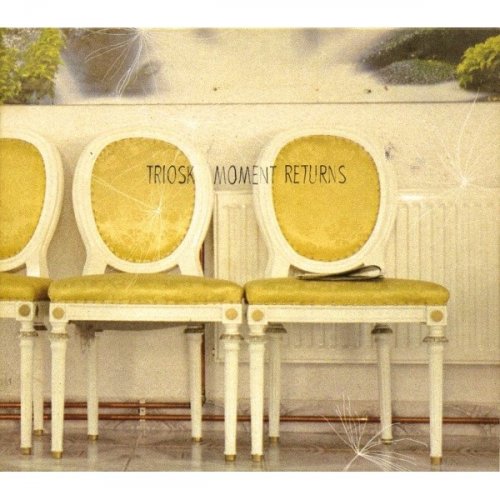Juliette Gréco - La Divine Juliette Gréco, Vol.2 (2017)
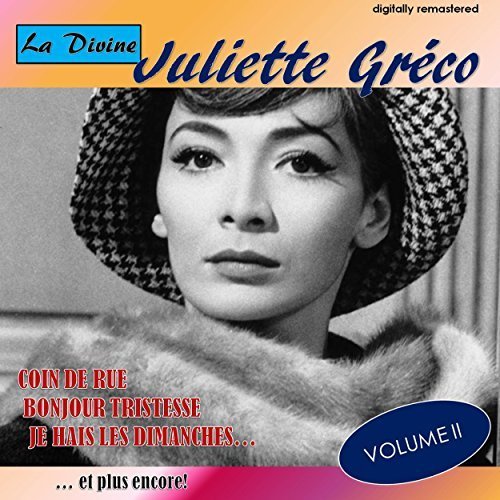
Artist: Juliette Gréco
Title: La Divine Juliette Gréco, Vol.2
Year Of Release: 2017
Label: Old Europe
Genre: Pop, Chanson
Quality: FLAC (tracks)
Total Time: 35:02
Total Size: 161 Mb
WebSite: Album Preview
Tracklist: Title: La Divine Juliette Gréco, Vol.2
Year Of Release: 2017
Label: Old Europe
Genre: Pop, Chanson
Quality: FLAC (tracks)
Total Time: 35:02
Total Size: 161 Mb
WebSite: Album Preview
01. Coin de rue (Digitally Remastered) 3:18
02. Jolie Môme (Digitally Remastered) 2:40
03. Il n'y a plus d'apres (Digitally Remastered) 3:12
04. Bonjour tristesse (Digitally Remastered) 3:19
05. Embrasse moi (Digitally Remastered) 2:59
06. Barbara song (Digitally Remastered) 4:15
07. Je hais les dimanches (Digitally Remastered) 3:10
08. Accordeon (Digitally Remastered) 2:21
09. Amours perdues (Digitally Remastered) 3:16
10. Je suis comme je suis (Digitally Remastered) 3:01
11. Il y avait (Digitally Remastered) 3:27
Gréco made an acclaimed debut as a singer in 1949, premiering songs with the words of such leading French poets as Jacques Prévert ("Les Feuilles Mortes"), Jules Laforgue ("L'Eternel Féminin"), and Raymond Queneau ("Si Tu T'Imagines") set to music by Joseph Kosma. In the new postwar songs, lyrics were privileged over the bigger orchestrations favored by singers like Edith Piaf; Gréco's intellectual bent made her the perfect interpreter for this new movement. Her singing style shared the dramatic enunciation of Jacques Brel and the droll delivery of Georges Brassens, her contemporaries in quite different musical scenes, while showcasing a sensuality all her own. Gréco released the song "Je Suis Qui Je Suis," again with words by Prévert and music by Kosma, two years later -- it was a huge hit for her.
Having toured Brazil and the United States, Gréco returned to Paris in 1954 to triumph at the Olympia hall with the song "Je Hais les Dimanches," written by a young Charles Aznavour. Devoting most of the rest of the decade to a successful film career in the United States, Gréco returned to Paris in 1959 and began a second phase of her musical career as the patron of a new French generation of songwriters in the early '60s. She collaborated with artists like Serge Gainsbourg, who wrote "La Javanaise" for her, as well as Léo Ferré and Guy Béart. In 1968, now massively famous from high-profile television appearances and her earlier recordings, she released her song "Deshabillez-Moi," which was an openly sexual piece and marked a change from the intellectual, literary slant she had always put on her songs.
Having toured Brazil and the United States, Gréco returned to Paris in 1954 to triumph at the Olympia hall with the song "Je Hais les Dimanches," written by a young Charles Aznavour. Devoting most of the rest of the decade to a successful film career in the United States, Gréco returned to Paris in 1959 and began a second phase of her musical career as the patron of a new French generation of songwriters in the early '60s. She collaborated with artists like Serge Gainsbourg, who wrote "La Javanaise" for her, as well as Léo Ferré and Guy Béart. In 1968, now massively famous from high-profile television appearances and her earlier recordings, she released her song "Deshabillez-Moi," which was an openly sexual piece and marked a change from the intellectual, literary slant she had always put on her songs.
